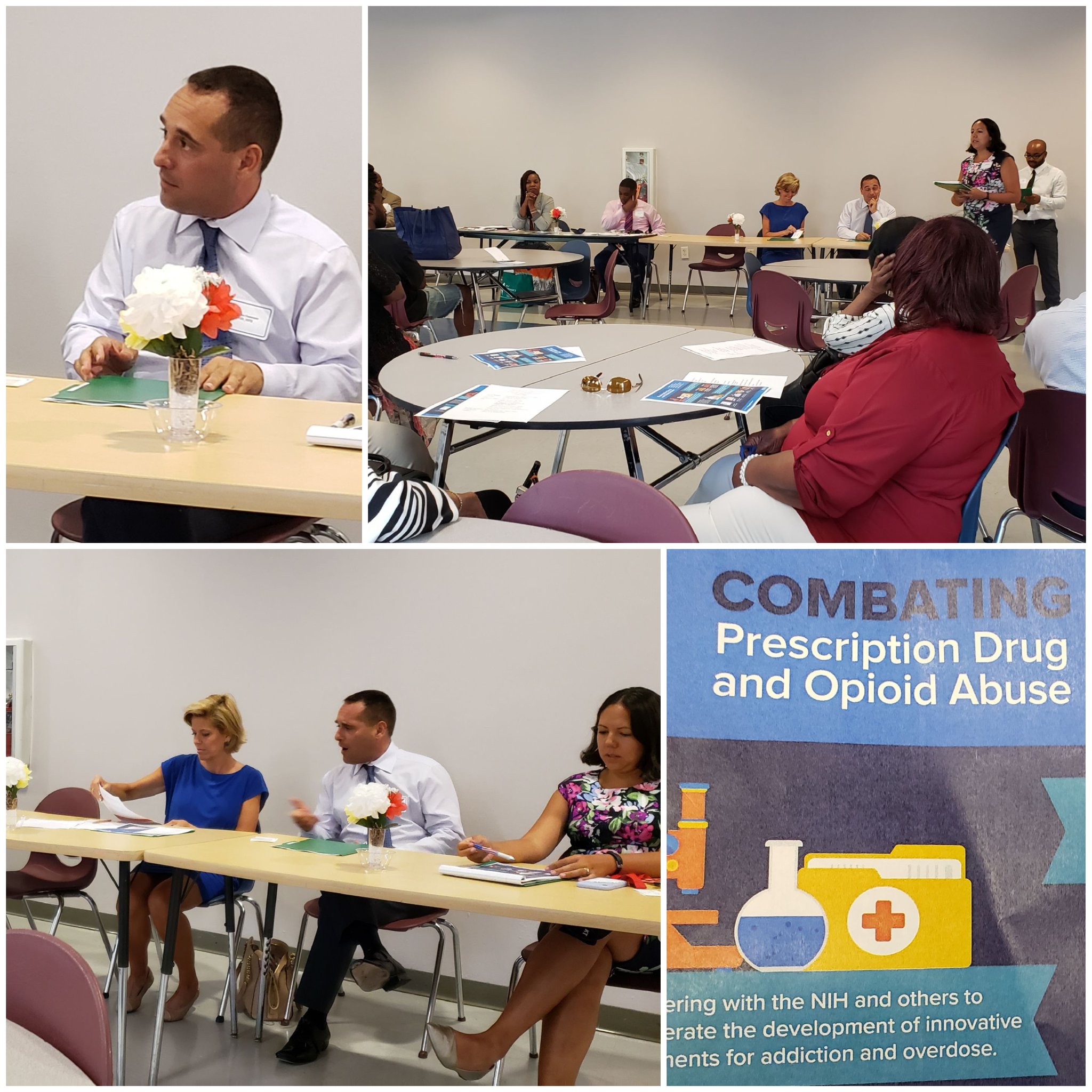Opioid Policies

Much like the rest of the United States, residents of the District of Columbia are struggling with substance use disorder (SUD) rate increases and high rates of opioid-related deaths. Unfortunately, these are multi-faceted issues that require year-long initiatives and systematic programs to address the myriad causes of addiction.
MSDC stands as a partner to the District government and private entities to help arrest the rates of opioid and substance abuse in the District. Through our advocacy for better prescribing practices, education on addiction, and even helping our own community through our Physician Health Program, MSDC is working to make DC a leader in reducing SUD, OUD, and addiction.
On a related note, MSDC is passionate about helping patients make prescriptions and medication more affordable. Whether expanding access to biosimilars or advocating for more affordable co-pays, MSDC wants to help our patients afford the medications they need.
MSDC Statement and Testimony on Opioid and Prescription Issues
25th Council information coming soon
MSDC and Many Many Others: Reform Prior Auth
On Wednesday, the DC Committee on Health held a hearing on B25-124, the Prior Authorization Reform Act.
The bill would enact common-sense reforms like reasonable waiting periods for prior authorization appeals, requirements for locally licensed physician utilization reviews, and limitations on what can receive a prior authorization.
Of the twenty plus witnesses, an overwhelming majority spoke in favor of the bill's concepts. MSDC President Dr. Susanne Bathgate and President-Elect Dr. Ashesh Patel both testified in person representing the Society. Dr. Bathgate's testimony focused on how prior authorizations were impacted her pregnant patients, with clinically recommended care being denied or delayed:
If the authoritative organization in this field, the American College of Obstetrics and Gynecology, has determined, based on appropriate research and gathering of data, that all patients should have access to these levels of genetic screening, prior authorization should not be required if this is a benefit covered by their insurance.
Dr. Patel's testimony focused on the impact of prior authorizations on his own practice:
Every week, I need to deal with PA approvals, adding to my administrative burden (as a solo practitioner in the District) and puts a strain on my relationships with my patients because pharmacies and insurance companies make my patients believe I am at fault for them not being able to get their medicines instead of the actual culprit: the insurance companies.
Also testifying was American Medical Association president Dr. Jack Resnick. Dr. Resnick focused on his own prior auth experience and gave a national perspective to the issue:
Every practicing physician will tell you that it is not unusual for a care disruption due to prior authorization to negatively impact a patient’s health—whether it is a permanent loss of function when an patient with arthritis temporarily loses access to their medication; a shoulder surgery that could have been avoided had they not had to wait weeks for an MRI; an emergency room visit for a pancreatitis flare after going two weeks without authorization for long-acting insulin, or cancer progression when chemotherapy takes months to get approved. Physicians know we must reform the prior authorization process for our patients.
The ability to testify in writing is open until June 7; if you want to make your opinion known on this issue, email hay@msdc.org to learn how. The next step for the bill would be a markup, which allows it to be considered by the entire Council. MSDC is unsure if and when it will be marked up but we are working hard to keep it top of mind for the Council.
Sample of Legislation MSDC Tracked on Opioid and Prescription Policy
What does it do? The bill authorizes licensed pahrmacists to dispense interchangeable biological products and requires notifications to physicians when such interchangeables are dispensed.
MSDC position: MSDC has a position of priority support on this legislation, identifying its passage as one of its highest legislative priorities.
Current status: SUCCESS. The bill was passed by the Council and signed by the Mayor.
What does it do? The bill requires prescription opioid medications to include a statement that the drug is an opioid and opioids may cause dependence, addiction, or overdoes.
MSDC position: MSDC supports the legislation.
Current status: The bill had a hearing before the Committee on Health on July 29, 2020. MSDC leader Dr. Sam Kareff testified for the Medical Society. It passed the Council on November 10 and was signed by the Mayor December 7.
What does it do? The bill prohibits insurance companies from factoring the use of PreP in decisions related to disability, life, or long-term care policies.
MSDC position: MSDC supports this legislation
Current status: The bill was introduced on January 8, 2019 and assigned to the Committee on Business and Economic Development.
